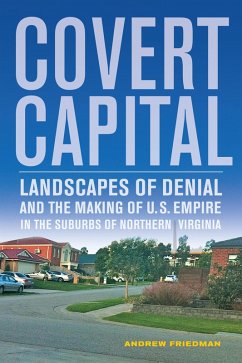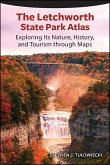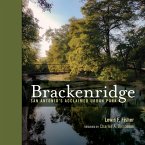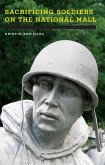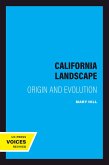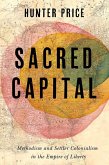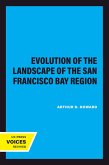The capital of the U.S. Empire after World War II was not a city. It was an American suburb. In this innovative and timely history, Andrew Friedman chronicles how the CIA and other national security institutions created a U.S. imperial home front in the suburbs of Northern Virginia. In this covert capital, the suburban landscape provided a cover for the workings of U.S. imperial power, which shaped domestic suburban life. The Pentagon and the CIA built two of the largest office buildings in the country there during and after the war that anchored a new imperial culture and social world.
As the U.S. expanded its power abroad by developing roads, embassies, and villages, its subjects also arrived in the covert capital as real estate agents, homeowners, builders, and landscapers who constructed spaces and living monuments that both nurtured and critiqued postwar U.S. foreign policy. Tracing the relationships among American agents and the migrants from Vietnam, El Salvador, Iran, and elsewhere who settled in the southwestern suburbs of D.C., Friedman tells the story of a place that recasts ideas about U.S. immigration, citizenship, nationalism, global interconnection, and ethical responsibility from the post-WW2 period to the present. Opening a new window onto the intertwined history of the American suburbs and U.S. foreign policy, Covert Capital will also give readers a broad interdisciplinary and often surprising understanding of how U.S. domestic and global histories intersect in many contexts and at many scales.
American Crossroads, 37
As the U.S. expanded its power abroad by developing roads, embassies, and villages, its subjects also arrived in the covert capital as real estate agents, homeowners, builders, and landscapers who constructed spaces and living monuments that both nurtured and critiqued postwar U.S. foreign policy. Tracing the relationships among American agents and the migrants from Vietnam, El Salvador, Iran, and elsewhere who settled in the southwestern suburbs of D.C., Friedman tells the story of a place that recasts ideas about U.S. immigration, citizenship, nationalism, global interconnection, and ethical responsibility from the post-WW2 period to the present. Opening a new window onto the intertwined history of the American suburbs and U.S. foreign policy, Covert Capital will also give readers a broad interdisciplinary and often surprising understanding of how U.S. domestic and global histories intersect in many contexts and at many scales.
American Crossroads, 37
Dieser Download kann aus rechtlichen Gründen nur mit Rechnungsadresse in A, D ausgeliefert werden.

